Hot Summer Reads
By
Westmont
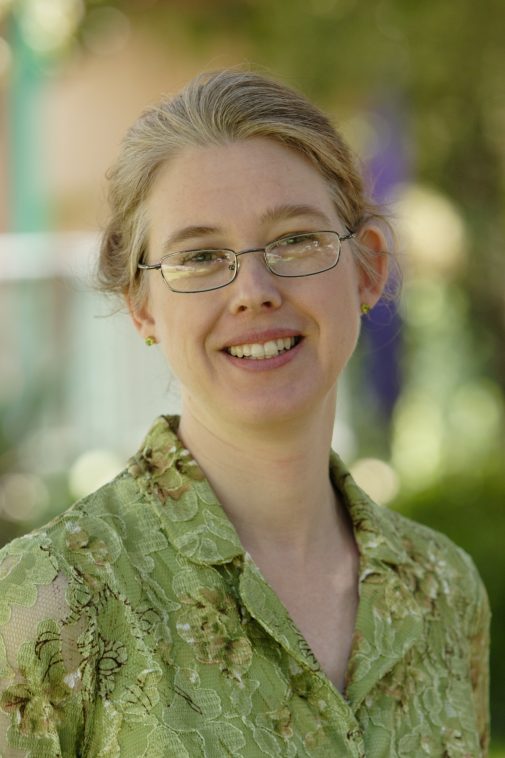
Are you looking for a good book to read? You’ve still got time for unassigned summer reading. Westmont professors share what they’re reading why they can’t put their books down. Classes begin August 27 for fall semester.
Gayle Beebe, President
“Thinking, Fast and Slow” by Daniel Kahneman
“This book, written by Dr. Daniel Kahneman, who won the Nobel Memorial Prize in Economic Sciences, articulates the difference between thinking intuitively and thinking deliberatively, or as he identifies it, System I and System II. Dr. Kahneman will speak on campus Nov. 2, 2018.”
Lisa DeBoer, Professor of Art
“The Overstory” by Richard Powers
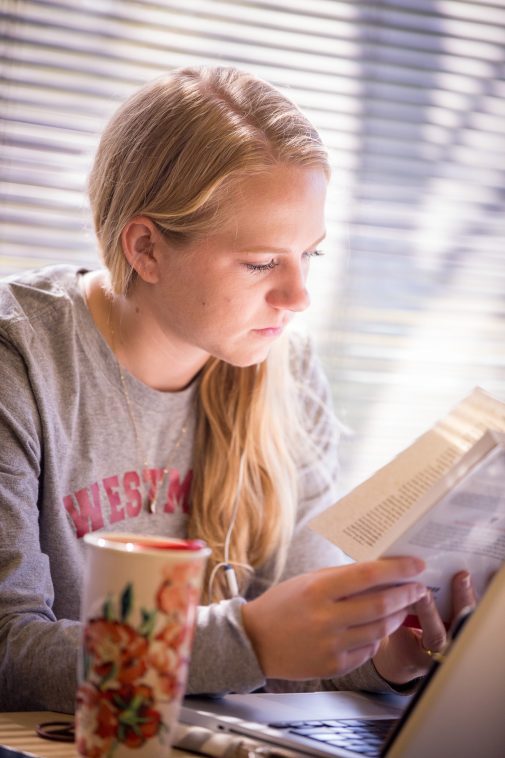
“I was snagged by the title. Thus far, I’m completely taken with its series of biographical vignettes, tales that are all somehow related to trees. The individual stories are clearly headed somewhere together (not sure where, yet). Along the way, it’s one beautiful sentence after another.”
Cheri Larsen Hoeckley, Professor of English
“Small Island” by Andrea Levy
“Levy gives each of four characters their own perspective as they share one London house in 1948.”
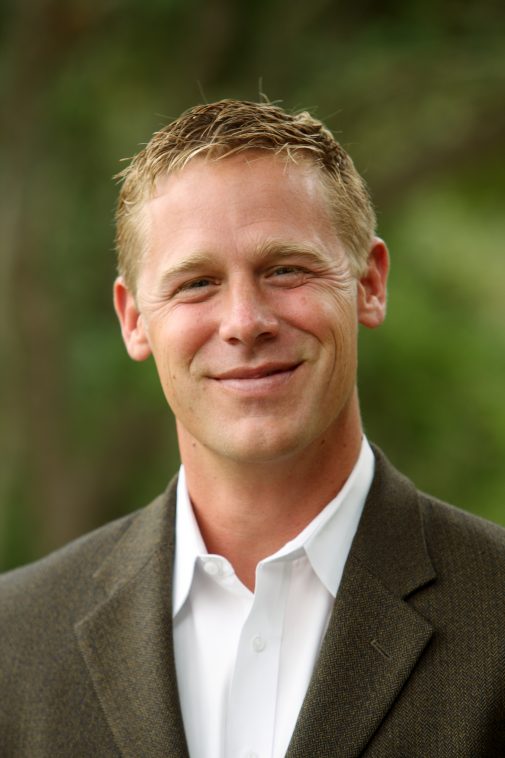
Thomas Knecht, Professor of Political Science
“Thinking, Fast and Slow” by Daniel Kahneman
“I used to think I was a pretty rational person. I was disabused of this notion after reading this book, one of my all-time favorites.”
Mark Nelson, Professor of Philosophy
“The Wind in the Willows” by Kenneth Grahame
“What a wonderful little book! So beautifully written, and by turns funny, exciting and poignant—even profound. I am embarrassed that it has taken me this long to get around to it. (So many parts of it were so familiar, and I’d overheard my children listening to it at bedtime so often, that I had almost come to believe that I had read it.) Anyway, I can certainly see why it occupies the place it does in the collective imagination of a certain generation.”
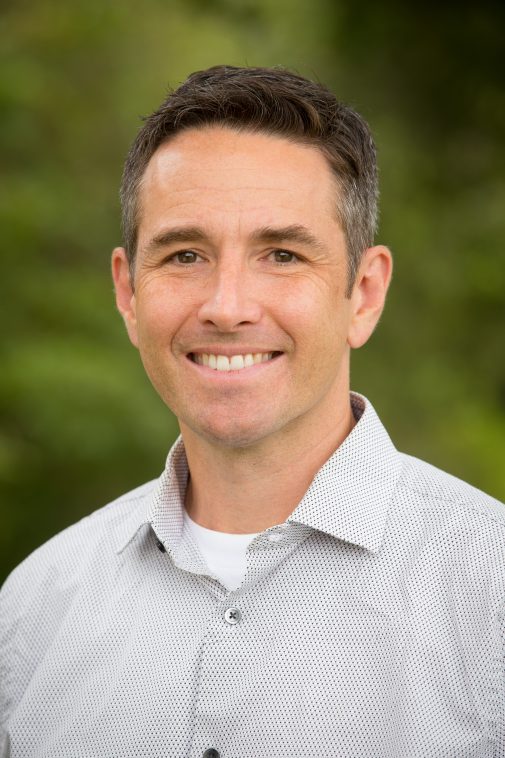
Donald J. Patterson, Professor of Computer Science
“Geek Heresy: Rescuing Social Change from the Cult of Technology” by Kentaro Toyama
“This is a non-fiction book written by the former head of Microsoft Research India. He talks about his disillusionment with technology-oriented approaches to fixing social problems and argues that we need to develop the human heart—not machines—to move our world forward.”
Mitchell Thomas, Professor of Theater Arts
“Pride and Prejudice” by Jane Austen
“This fall, I will direct a new adaptation of this universally loved and admired English novel. “Pride and Prejudice’s” effervescent tale of rural romance is a witty, shrewdly observed satire of English country life and is regarded as one of the principal treasures of literature.”
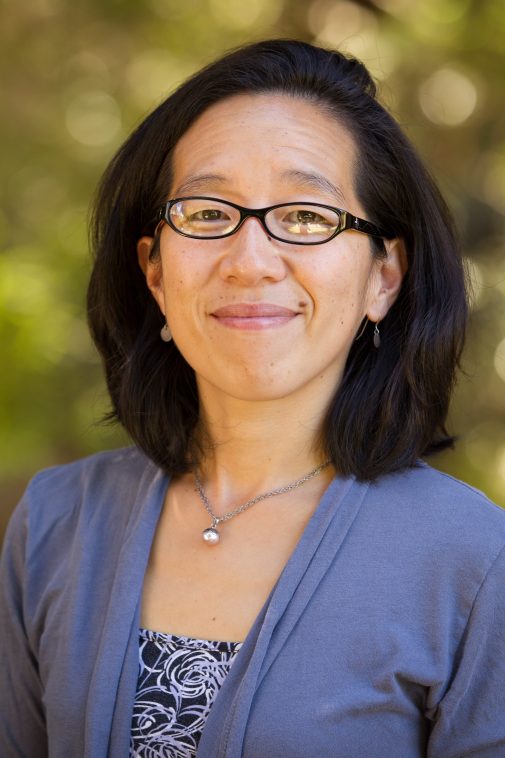
Felicia Song, Associate Professor of Sociology
“Jesus and the Disinherited” by Howard Thurman
“Though not the conventional summer read, I would recommend it because it is short, incredibly powerful, and refreshingly different from anything else I’ve read so far on our country’s struggles with poverty and racism.”
Russell Smelley, Professor of Kinesiology
“Barking Up the Wrong Tree” by Eric Barker
“This book takes a look at some common sayings or approaches to life and then applies studies and research to see if they’re true. Example: Quitters never win, and winners never quit. I’m enjoying the insights and taking notes to share in class and with the team.”

Carrie Stein Hill, Instructor of Chemistry
“Molokai” by Alan Brennert
“Set on the Hawaiian island of Molokai, this historical novel depicts life as an exile in the leper colony of Kalaupapa. Beautifully written, informative, and entertaining, it’s a perfect read for the beach or wherever you may find yourself this summer.”
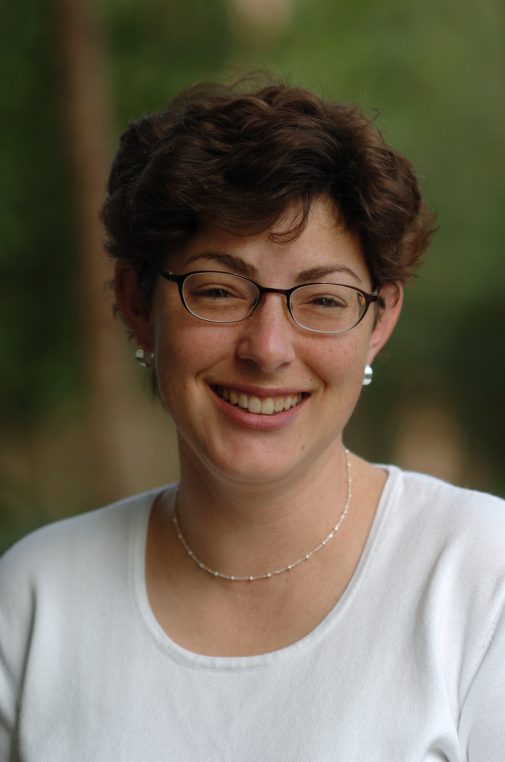
Diane Ziliotto, Special Collections Librarian and College Archivist
“Educated: A Memoir” by Tara Westover
“This jaw-dropping book tells the story of a young academic’s childhood and upbringing by a survivalist family living in southeastern Idaho. The descriptions of harrowing workplace accidents are truly frightening and make me grateful for the existence of OSHA. As she starts to mature, the author begins to desire an education—something she’s been denied her entire life. She eventually leaves home and not only obtains a bachelor’s degree but a doctorate as well. What I’ve read so far is leaving me with many questions about survivalists and how their ideologies influence their choices, actions and the people around them.”
Filed under
Academics, Faculty and Staff, Featured, Press Releases